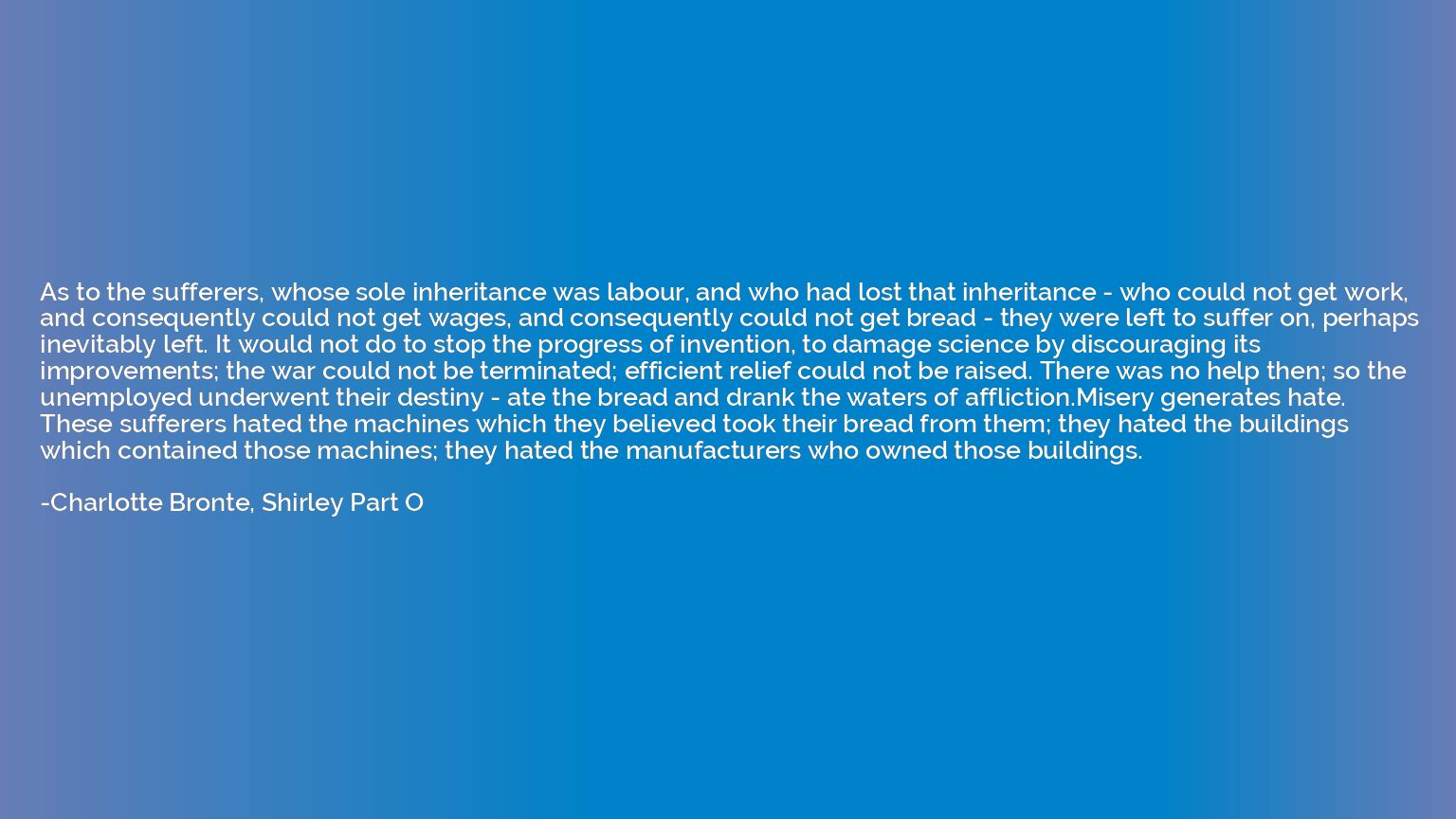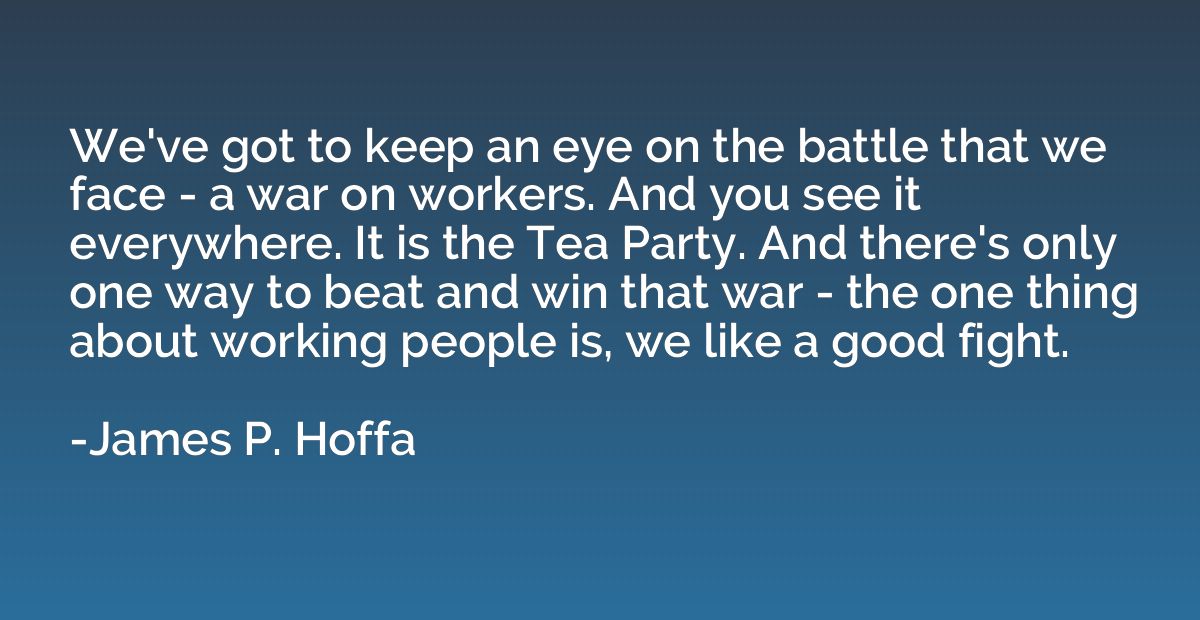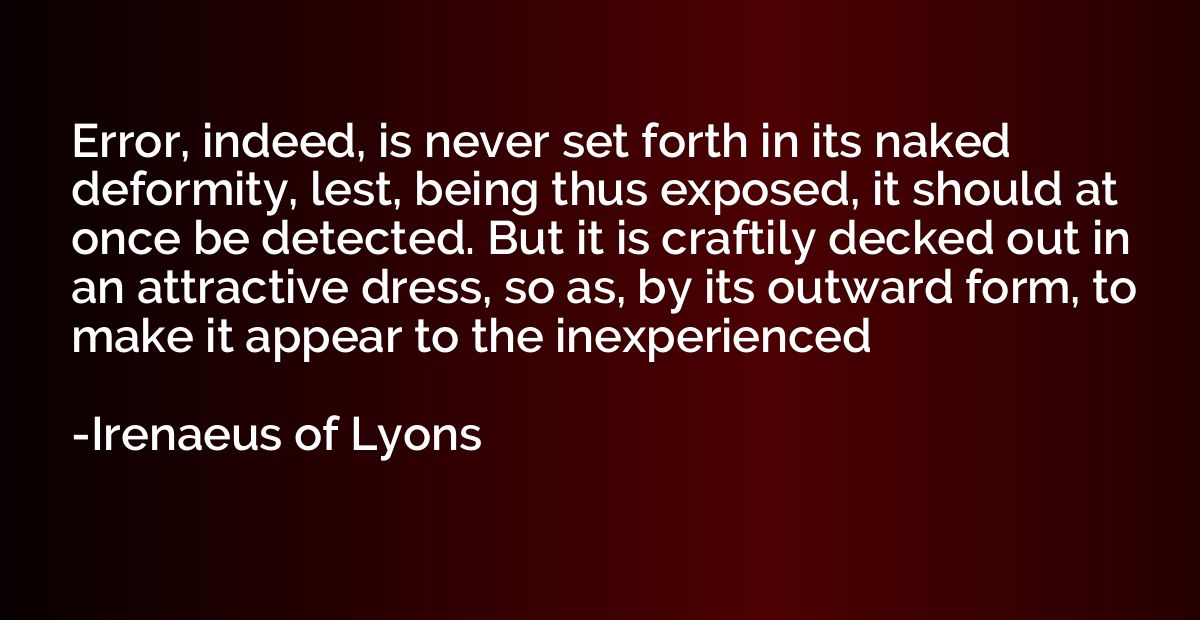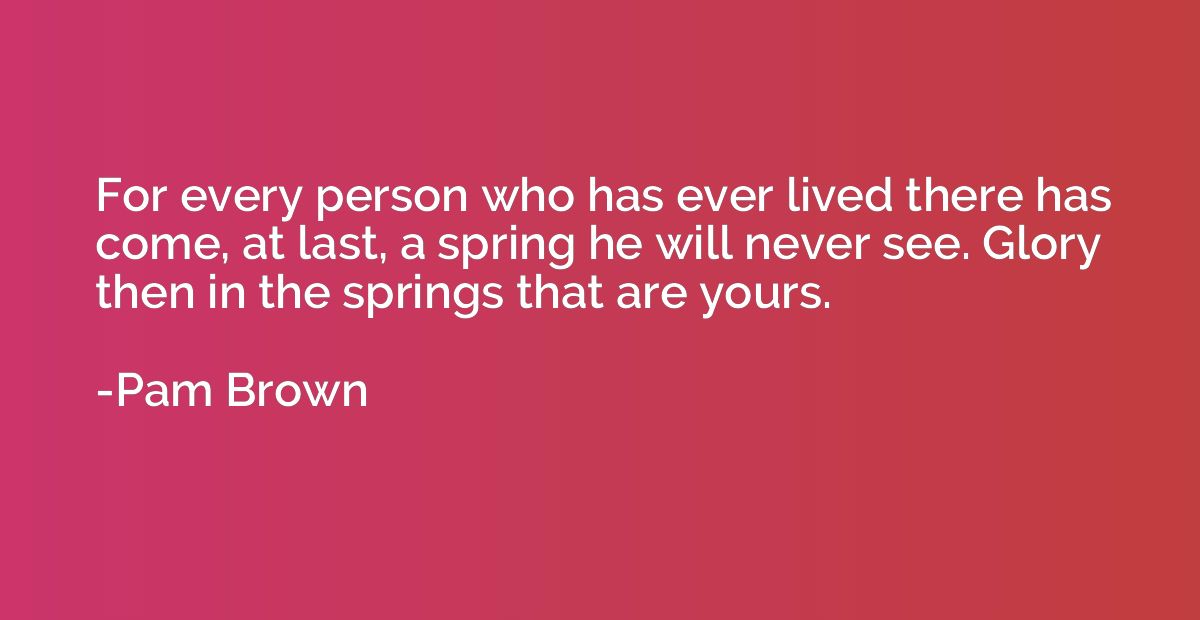Quote by Charlotte Bronte, Shirley Part O
As to the sufferers, whose sole inheritance was labour, and who had lost that inheritance - who could not get work, and consequently could not get wages, and consequently could not get bread - they were left to suffer on, perhaps inevitably left. It would not do to stop the progress of invention, to damage science by discouraging its improvements; the war could not be terminated; efficient relief could not be raised. There was no help then; so the unemployed underwent their destiny - ate the bread and drank the waters of affliction.Misery generates hate. These sufferers hated the machines which they believed took their bread from them; they hated the buildings which contained those machines; they hated the manufacturers who owned those buildings.

Summary
This quote suggests that the suffering and unemployed blame technological advancements for their plight. It argues that although the progress of invention and science cannot be stopped, it leads to job loss and deprives people of their means to survive. The suffering individuals develop a deep resentment towards machines, factories, and the manufacturers responsible for these developments, viewing them as the cause of their misery. The quote captures the cycle of despair and hatred generated by economic inequality and the perceived impact of machines on traditional livelihoods.














